Description
Khubbaji – Kanghi – Mallow – Malva Sylvestris
Malva Sylvestris, Khubbaji or Kanghi also known as common mallow or high mallow, is a species of flowering plant in the Malvaceae family. It is native to Europe and Asia but has been naturalized in many other regions of the world. In Ayurveda, it is commonly known as “Kanghi” and is believed to have several potential health benefits.
Ayurvedic benefits of Khubbaji or Kanghi:
- Respiratory health: Khubbaji or Kanghi is traditionally used in Ayurveda to treat respiratory conditions such as coughs, bronchitis, and sore throats. It is believed to help clear the respiratory tract and reduce inflammation in the lungs.
- Digestive health: Khubbaji or Kanghi is used to treat digestive issues such as constipation, indigestion, and stomach ulcers. It is believed to have mild laxative and anti-inflammatory properties that may help soothe and heal the digestive system.
- Skin health: Khubbaji or Kanghi is used in Ayurveda to treat skin conditions such as eczema, psoriasis, and acne. It is believed to have anti-inflammatory and moisturizing properties that may help soothe and heal irritated skin.
- Urinary tract health: Khubbaji or Kanghi is traditionally used in Ayurveda to treat urinary tract infections and kidney stones. It is believed to have diuretic and anti-inflammatory properties that may help reduce inflammation and promote urine flow.
- Anti-inflammatory properties: Khubbaji or Kanghi is believed to have anti-inflammatory properties, which may help reduce inflammation in various parts of the body.
- Antioxidant activity: Khubbaji or Kanghi is believed to have antioxidant properties, which may help protect the body against oxidative stress and cellular damage caused by free radicals.
- Anti-microbial properties: Khubbaji or Kanghi is traditionally used in Ayurveda as an anti-microbial agent to help treat infections caused by bacteria, viruses, and fungi. It is believed to have natural compounds that may help inhibit the growth of harmful microorganisms.
- Anti-inflammatory properties: Khubbaji or Kanghi is used to treat various inflammatory conditions in Ayurveda. It is believed to have natural compounds that may help reduce inflammation in the body, which can help relieve pain and improve overall health.
- Antispasmodic properties: Khubbaji or Kanghi is traditionally used in Ayurveda to relieve muscle spasms and cramps. It is believed to have natural compounds that may help relax the muscles and reduce pain and discomfort.
- Wound healing: Khubbaji or Kanghi is used in Ayurveda as a natural remedy to promote wound healing. It is believed to have natural compounds that may help reduce inflammation, promote cell growth, and support tissue repair.
- Anti-allergic properties: Khubbaji or Kanghi is used in Ayurveda to help treat allergic reactions such as hives and rashes. It is believed to have natural compounds that may help reduce inflammation and alleviate itching and other symptoms associated with allergies.
- Eye health: Khubbaji or Kanghi is traditionally used in Ayurveda to treat eye infections and other eye problems. It is believed to have natural compounds that may help reduce inflammation and promote healing of the eyes.
Precautions: Malva Sylvestris is generally considered safe when used as directed by a qualified Ayurvedic practitioner. However, it may interact with certain medications, and it is not recommended for use during pregnancy or breastfeeding. As with any herbal remedy, it is important to consult with a healthcare professional before use.
It is important to note that more scientific research is needed to fully understand the potential health benefits of Khubbaji or Kanghi, and to determine their optimal use and dosage. It is always recommended to consult with a qualified Ayurvedic practitioner before using any herbal remedies.


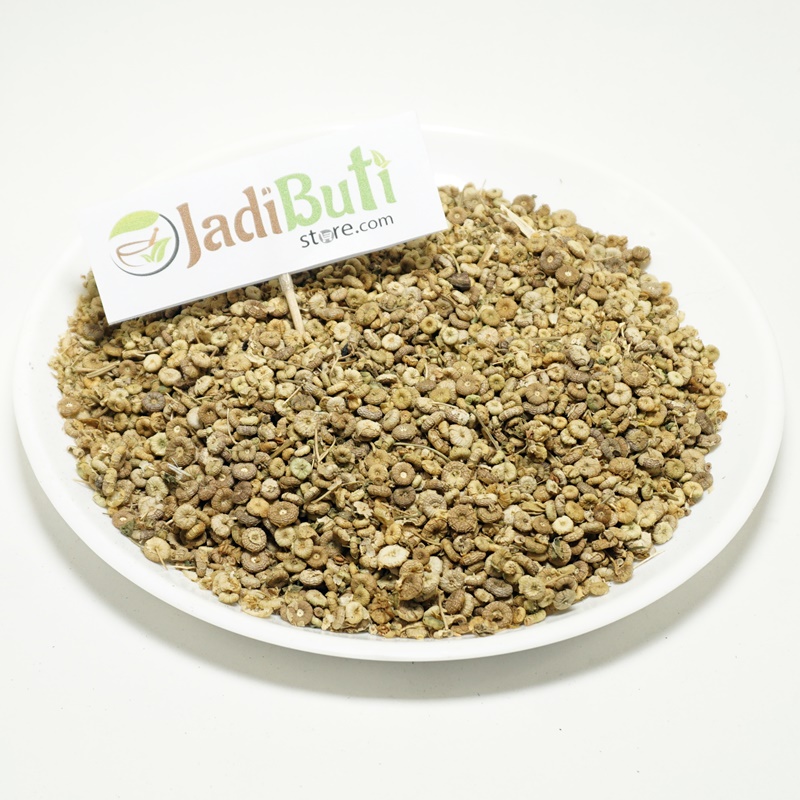
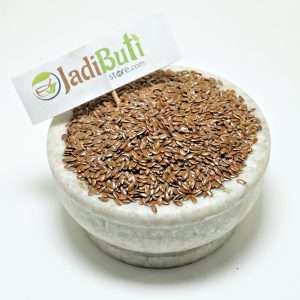

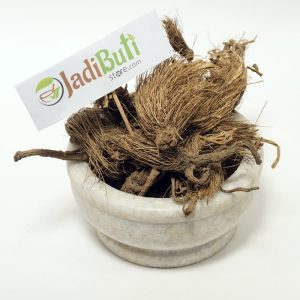
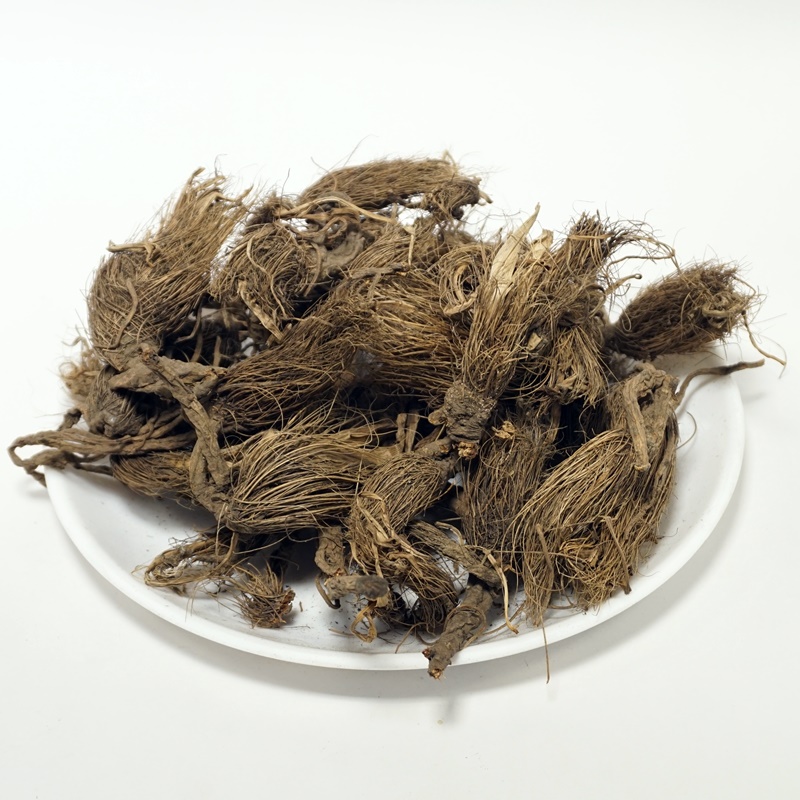

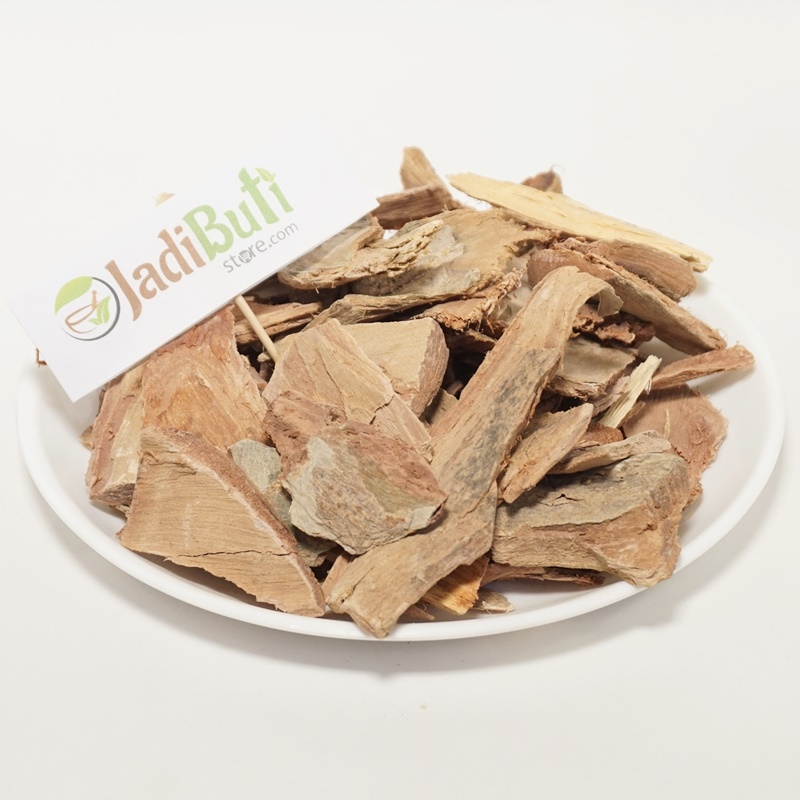


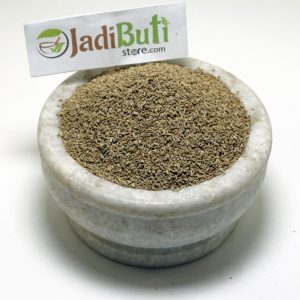

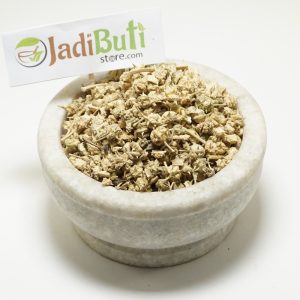
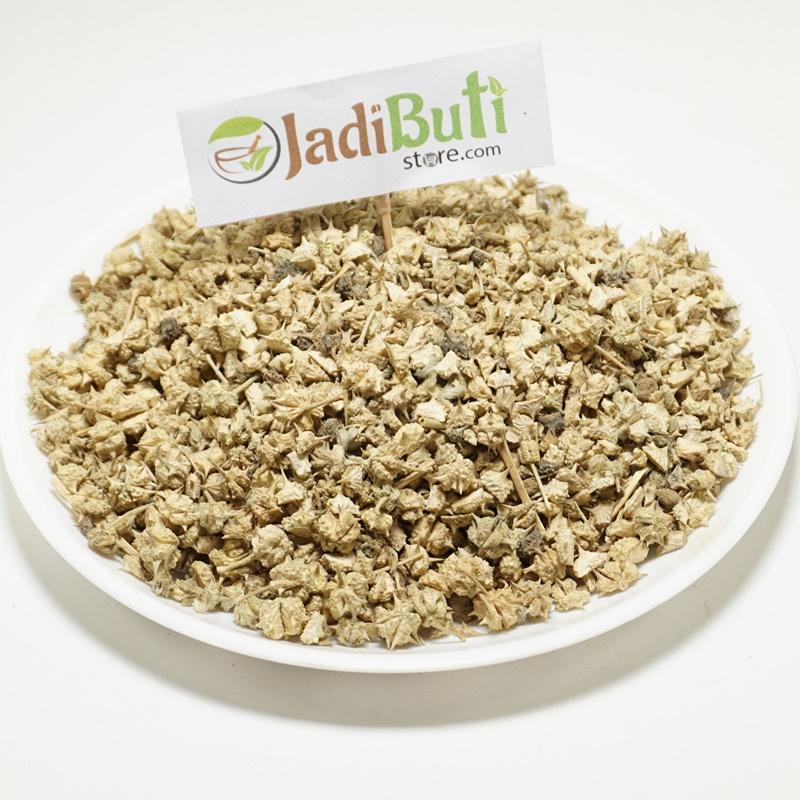
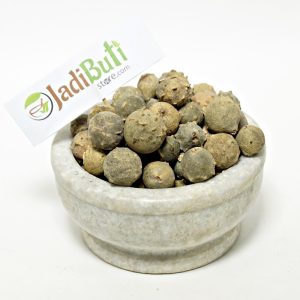
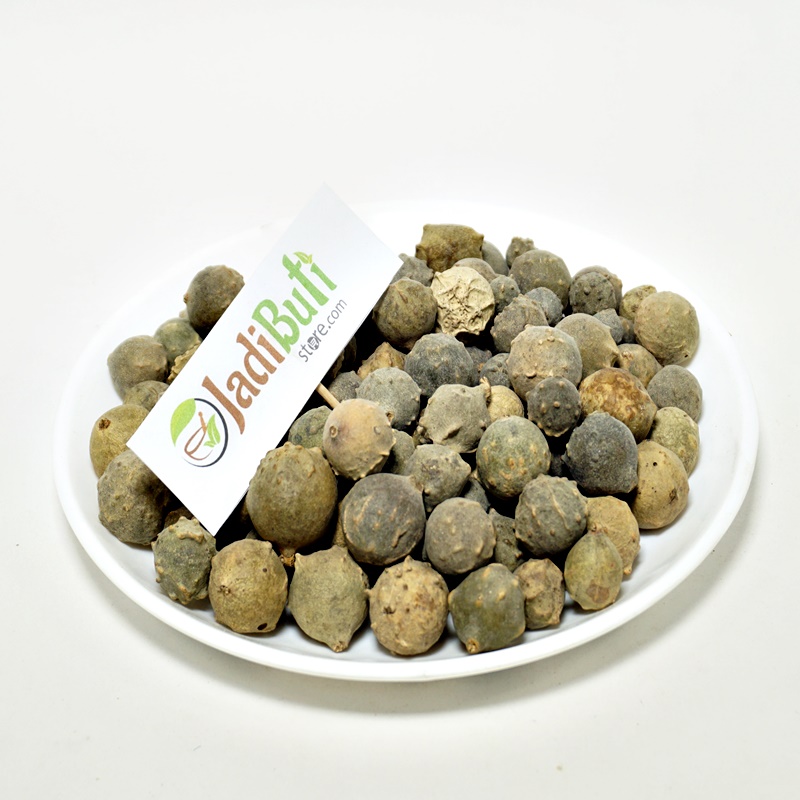
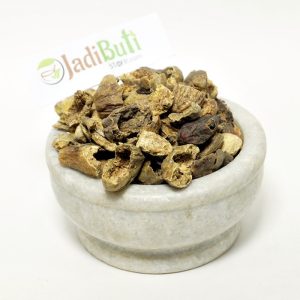
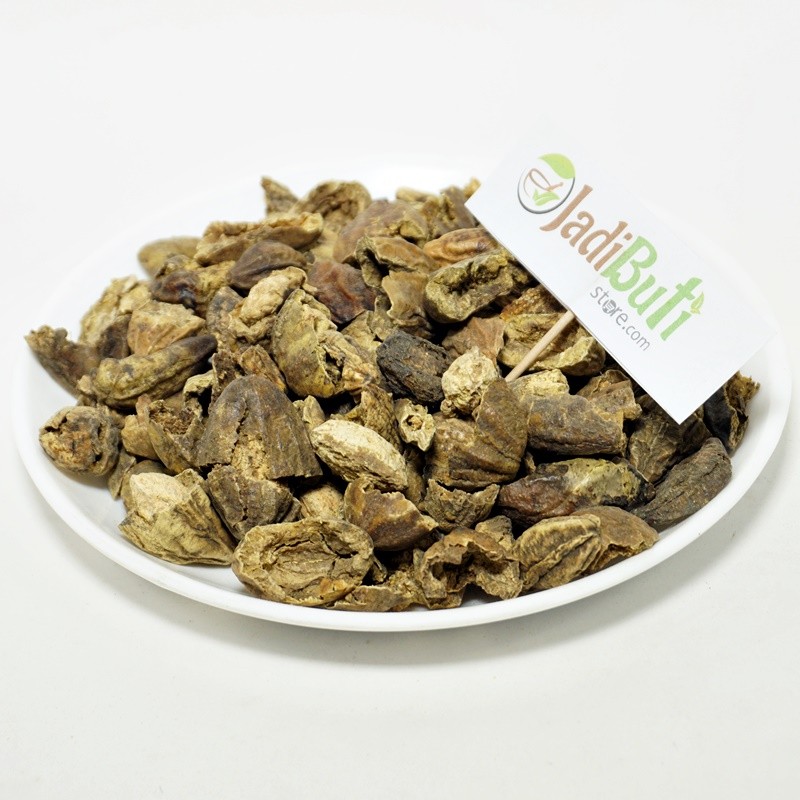
Reviews
There are no reviews yet.